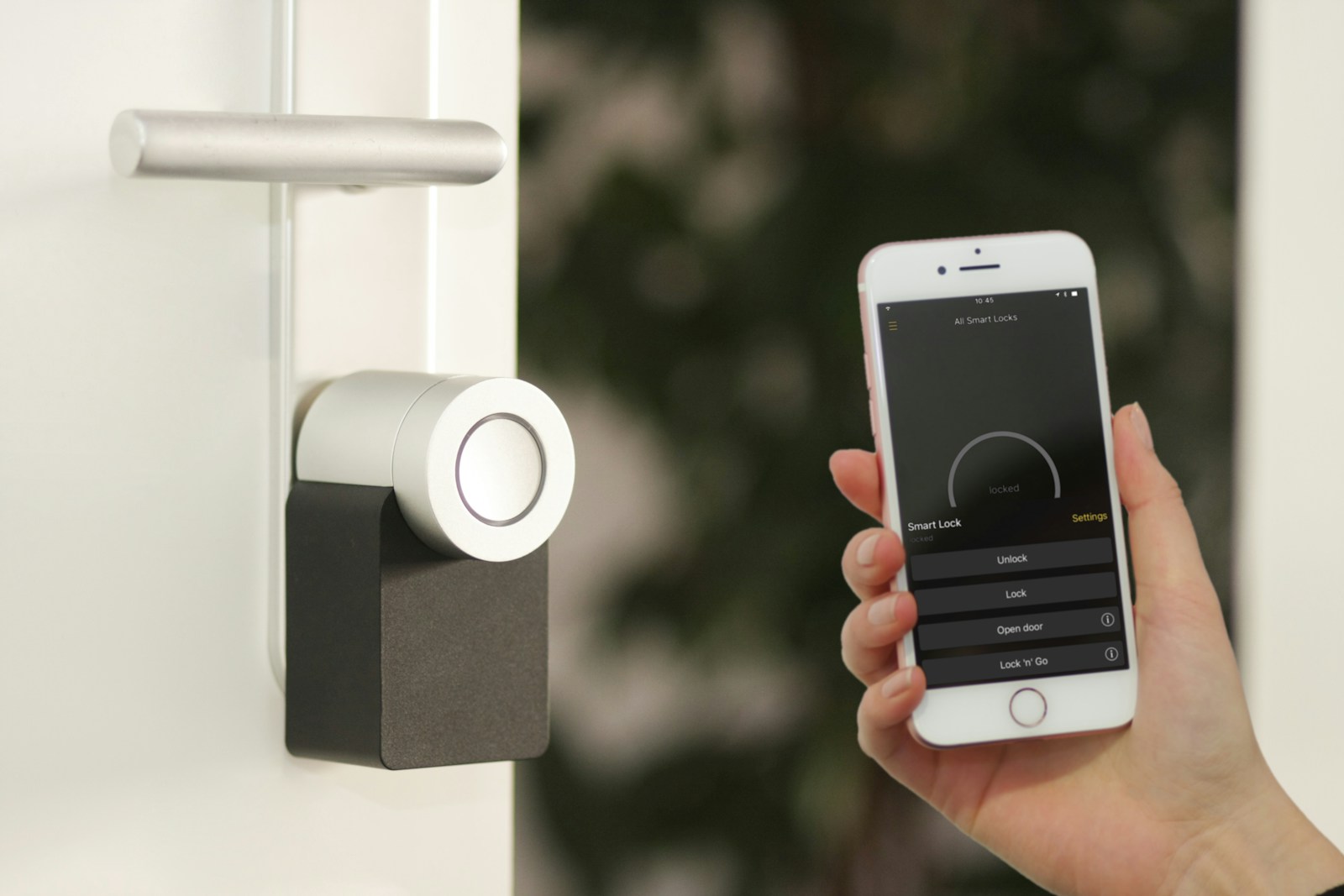In today’s fast-paced, tech-driven world, smart home technology has evolved from a luxury to a standard feature in many homes. As buyers and sellers navigate the ever-changing real estate market, the presence of smart devices is playing an increasingly important role in shaping property values, buyer preferences, and overall market trends.
Whether you're a homeowner preparing to sell or a buyer searching for your dream home, understanding how smart home technology impacts real estate can give you a competitive edge.
What Is Smart Home Technology?
Smart home technology refers to devices and systems that allow homeowners to automate and control various aspects of their home remotely or through voice commands. These technologies often focus on convenience, energy efficiency, security, and entertainment. Common examples include:
Smart Thermostats: Devices like Nest or Ecobee that learn your preferences and optimize heating and cooling to save energy.
Smart Security Systems: Video doorbells, cameras, and motion sensors that provide real-time alerts and remote monitoring.
Smart Lighting: Bulbs and switches that can be controlled via apps or voice assistants to adjust brightness, colors, and schedules.
Smart Appliances: Refrigerators, washing machines, and ovens connected to Wi-Fi for added functionality and monitoring.
Voice Assistants: Systems like Amazon Alexa or Google Assistant that integrate with other devices for seamless home automation.
How Smart Home Technology Impacts Real Estate
1. Increased Home Value
Homes equipped with smart technology often command higher prices, especially in competitive markets. Buyers are willing to pay a premium for features that add convenience, enhance security, and reduce energy costs. A smart thermostat alone can boost energy efficiency, making the home more appealing to eco-conscious buyers.
2. Enhanced Marketability
Smart homes tend to stand out in listings. Features like voice-activated systems, remote-controlled lighting, or smart locks create a "wow" factor that attracts tech-savvy buyers. Highlighting these features in your marketing materials can differentiate your property from others on the market.
3. Convenience and Customization
Smart devices offer buyers a glimpse into a modern lifestyle. The ability to control a home’s temperature, lights, and security from a smartphone provides unparalleled convenience. Buyers also appreciate the customization options smart homes offer, enabling them to adapt the technology to their preferences.
4. Energy Efficiency and Sustainability
Sustainability is a growing priority for many homebuyers. Smart home devices like energy-efficient thermostats, smart plugs, and automated window shades help reduce energy consumption, which is not only good for the environment but also translates to lower utility bills.
5. Appeal to Millennials and Gen Z Buyers
Tech-savvy younger generations are entering the housing market, and they often prioritize homes equipped with modern technology. Features like smart locks, video doorbells, and voice assistants resonate strongly with these demographics, who are accustomed to digital integration in their daily lives.
Considerations for Sellers and Buyers
For Sellers
Upgrade Selectively: Not all smart home devices offer a high return on investment. Focus on adding universally appealing upgrades, such as a smart thermostat or security system.
Highlight Features in Listings: When marketing your home, be sure to mention all smart home devices included in the sale, especially those integrated into the property (e.g., a smart irrigation system).
Educate Potential Buyers: Some buyers may be unfamiliar with how to use certain smart devices. Providing user manuals or a brief demo during showings can ease their concerns.
For Buyers
Assess Compatibility: Ensure the existing smart devices are compatible with your preferred ecosystem (e.g., Google Home, Amazon Alexa).
Consider Security: Verify that the devices have updated software and proper cybersecurity measures to prevent hacking.
Negotiate for Devices: Smart devices may not automatically transfer ownership with the home. If certain features are important to you, negotiate their inclusion in the purchase agreement.
The Future of Smart Homes in Real Estate
As technology continues to evolve, smart home features are likely to become even more integrated into the real estate market. Emerging trends include:
AI-Powered Homes: Homes that learn and adapt to the occupants’ habits for seamless automation.
Smart Cities: Entire communities built with interconnected smart infrastructure, from homes to traffic systems.
Energy Management Systems: More advanced tools for monitoring and optimizing household energy use.
Conclusion
Smart home technology is transforming the real estate landscape, making homes more appealing, efficient, and valuable. Whether you're buying or selling, understanding how these innovations affect property value and buyer preferences is essential. By embracing smart home features, you can stay ahead in a market where technology is no longer a luxury but an expectation.
Thinking of upgrading your home or buying a tech-savvy property? Reach out today for expert advice on how smart home technology can work to your advantage in the real estate market!


